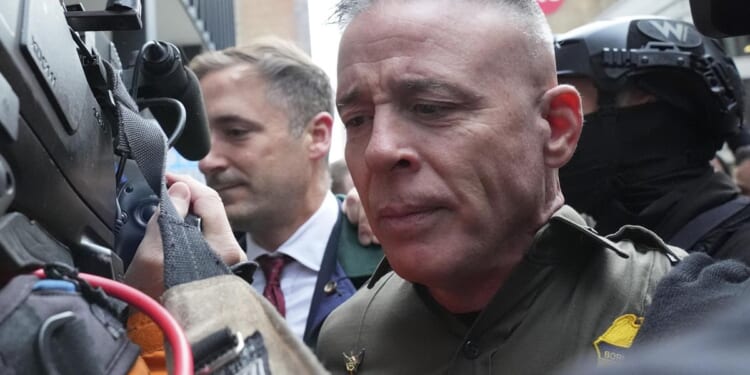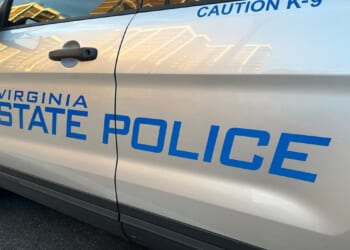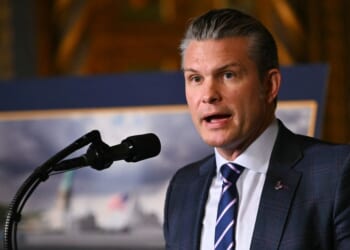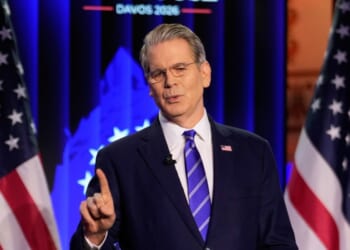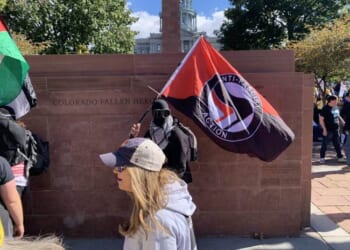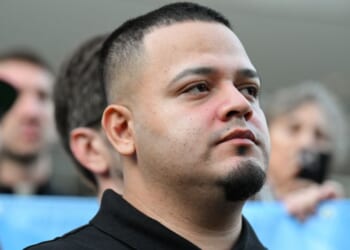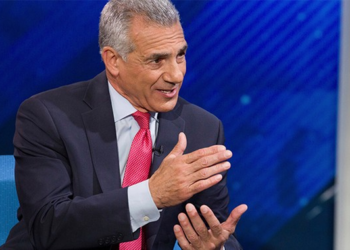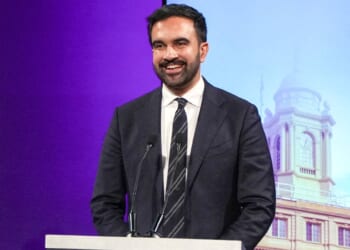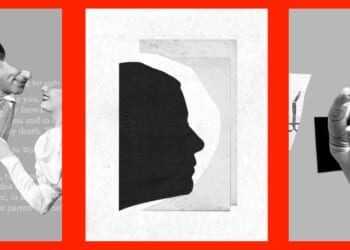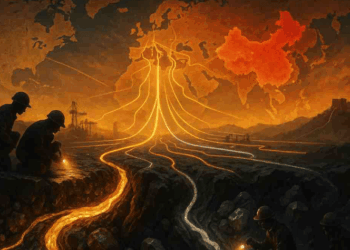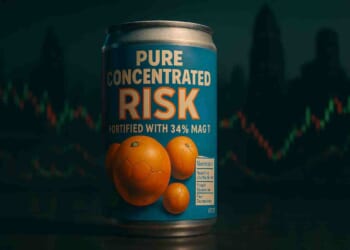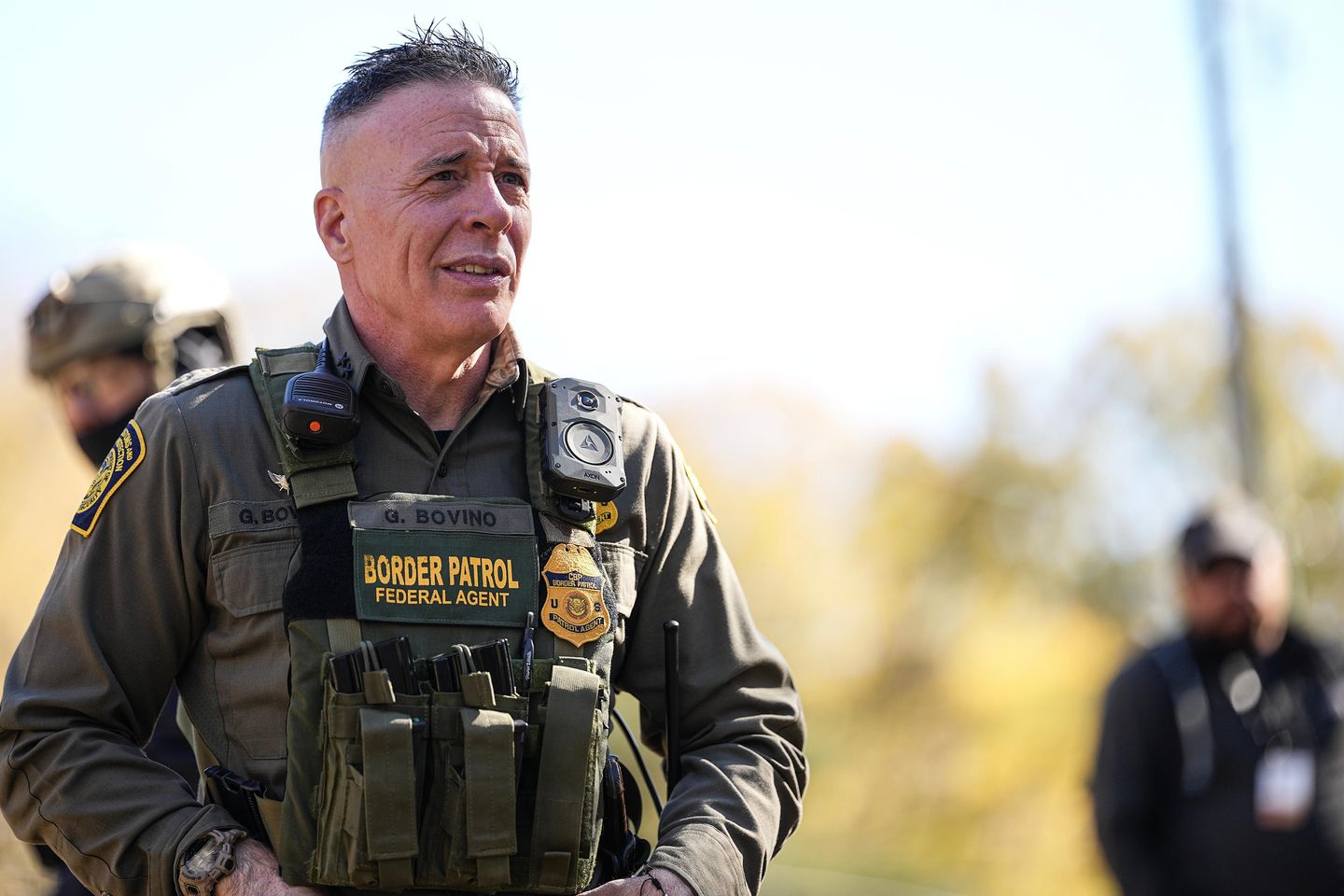
CHICAGO — Newly released transcripts of private interviews with a senior U.S. Border Patrol official and other authorities leading the immigration crackdown in the Chicago area reveal tense exchanges as leaders dodged questions about high-profile uses of force.
Greg Bovino, the Border Patrol leader behind the operation that has netted more than 3,000 arrests since September, sat for the sworn deposition over three days in late October and early November. He left Chicago this month to lead a similar operation in North Carolina and is expected to oversee another in New Orleans starting as soon as next week.
Hundreds of pages of transcripts from the deposition released Tuesday shed light on key moments noted by U.S. District Judge Sara Ellis in a blistering 223-page opinion this month in a lawsuit alleging federal agents used excessive force against protesters, journalists and clergy members.
Ellis issued a preliminary injunction earlier this month restricting agents from using physical force and chemical agents like tear gas and pepper balls, unless necessary or to prevent “an immediate threat.” A federal appeals court later temporarily halted the order. Tricia McLaughlin, a spokesperson for the Department of Homeland Security, called the appeals court ruling “a win for the rule of law and for the safety of every law enforcement officer.”
The deposition was heated from its first moments as U.S. Department of Justice attorney Sarmad Khojasteh complained about an attorney representing the coalition of protesters, journalists and faith leaders not shaking Bovino’s hand as they arrived.
“That was noted,” Khojasteh said on Oct. 30. “I get your position. This is like the hill you’re going to die on here. That’s fine. Treat him with respect. Treat me with respect.”
“Treat the process with respect, sir,” the plaintiffs’ attorney Locke Bowman responded.
The tense standoffs between the attorneys also included Khojasteh calling Bowman a “petulant old man” as Bowman accused Khojasteh of hindering the proceedings through constant objections.
“Stop it. Just stop it,” Bowman finally said after Khojasteh consistently objected to questions throughout the deposition.
The transcripts also include hours of Bovino giving evasive responses as he defended agents’ use of force and characterized protesters as “violent rioters.”
He was repeatedly questioned over an Oct. 23 protest in the historically Mexican-American neighborhood of Little Village, where Bovino initially claimed he threw tear gas canisters after being hit with a rock, which he said hurt but did not break skin. As he was questioned, Bovino admitted he was “mistaken” and the rock was thrown after he threw the tear gas. Ellis has accused Bovino of lying about the incident in court.
When he was asked if he threw “a canister of CS gas,” Bovino said he did not.
“Okay. Why not?” he was asked.
“You said canister. I threw two. That’s – that’s plural,” Bovino responded.
Bovino also said he believed agents were justified in using tear gas in a residential neighborhood prior to a Halloween parade before admitting he had not reviewed any footage of the incident.
He continued to dodge questions, even after being shown a clip of himself tackling a man to the ground during a protest outside a federal immigration facility in the west Chicago suburb of Broadview. After attorneys played footage of the man’s arrest, Bovino repeatedly denied that he tackled “an older gentleman” in the video and dodged questions on whether he used force. Bovino acknowledged that he made physical contact with the man, but denied that he applied force.
Private interviews with other federal officials – Russell Hott, a US. Immigrations and Customs Enforcement official, and Daniel Parra, deputy chief patrol agent at Customs and Border Protection – also showed bickering between attorneys and lawyers representing the federal government consistently objecting to questioning.
During his deposition, Hott acknowledged that ICE agents do not receive regular training on crowd control and that he too had no crowd control experience before arriving in Broadview, the site of tense demonstrations over the last few months. He also admitted that the consistent use of tear gas and pepper balls stopped after Illinois State Police took over responding to these protests.
Hott also dodged questions about use of force, including by saying he doesn’t know the context when asked if use of force was justified against a pastor shot in the head with pepper balls while praying. Parra, meanwhile, repeated “I do not recall” when asked about specific incidents in use of force reports presented by attorneys during his deposition.
Parra also admitted that Border Patrol agents do not typically work in dense urban areas or in situations where they encounter protesters – an issue brought up by Ellis in court as she slammed agents for engaging in high-speed car chases and using crowd control techniques she said were inappropriate for urban areas.
“This isn’t the border,” she said.
Parra also said he could not “think of at the moment” any evidence that Ellis’ restrictions on use of force are adversely affecting Border Patrol enforcement operations. This comes after attorneys argued in court that complying with the requirements would halt immigration enforcement operations.

